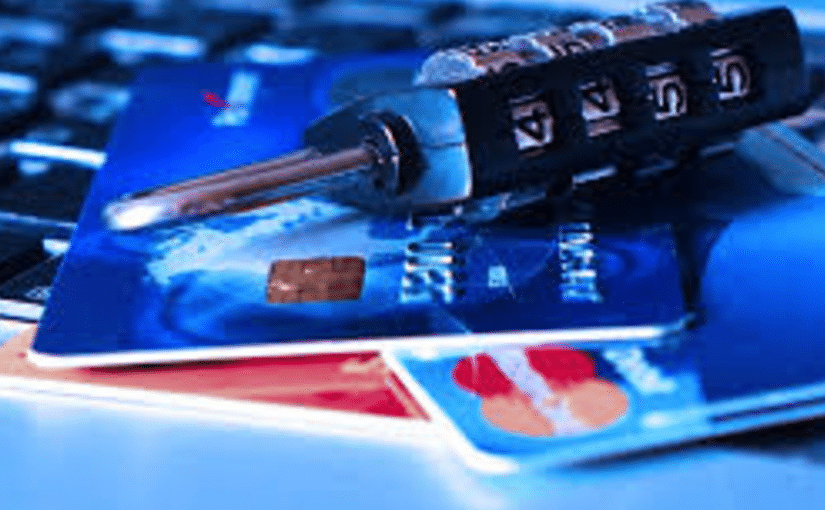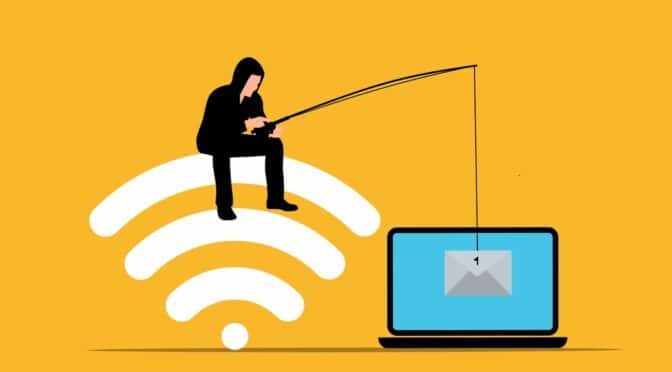by Barbara Nevins Taylor
updated September 16, 2017
The hassle to get your free credit report from annualcreditreport.com increased substantially during the first week of September 2017. You may find it more difficult, than ever, to get your free credit report online because the Equifax Security lapse allowed hackers to get hold of personal information, including Social Security numbers, driver’s license numbers, bank, credit card and other information you don’t want thieves to have.
Federal law says that every year you can get a free credit report from each of the three major credit reporting companies: Experian, Equifax and TransUnion. You do that through the annualcreditreport.com link.
But the system doesn’t always work smoothly. We explained in a previous post, Why Your Credit Report May Not Be Available Online, that any kind of alert will put a red flag on your account. The credit bureaus told ConsumerMojo they want to make sure they release information only to you. That seems ironic now. The Equifax hack serves as a giant red flag.
The credit bureaus also have a history of slowing down the online experience. They bombarded us with ads before we could get to the free credit report application.
The Consumer Financial Protection Bureau, which Republicans in Congress want to dismantle, fined Experian, in March, for piling on and making you visit a site filled with ads before you could get your report.
The CFPB fined Experian $3 million for that and also for selling credit scores, which it claimed lenders used to make decisions about whether you would qualify. The CRPB said, “In fact lenders did not use Experian’s scores to make those decisions.”
Companies compile credit scores based on your financial activity and create a number using from the lowest of 300 to the highest of 850. The CFPB points out that not all lenders use single scores. As a way to sell scores to unsuspecting people, some companies create “education credit scores,” theoretically to inform consumers. But lenders rarely use them.
But most lenders do use the FICO Score, created by the Fair Isaac company. You can get that score for free through the Open Access program available with some credit card companies, lenders and non-profit credit counseling services.

Experian developed something it called the “Plus Score” and marketed that to consumers from at least 2010 to 2014, claiming lenders used it. Again, lenders didn’t and in some cases, the scores from Experian varied significantly from those that lenders used, according to the CFPB.
CFPB Director Richard Cordray said, “Consumers deserve and should expect honest and accurate information about their credit scores, which are central to their financial lives.
Complaints about getting credit reports top the monthly complaints to the CFPB, as well as to ConsumerMojo.com and other consumer activists.
The National Consumer Law Center applauded the move by the CFPB. Its attorney Chi Chi Wu said, “American consumers are so much better off for the Consumer Financial Protection Bureau’s efforts to clean up the credit reporting industry.”
The CFPB took similar actions against Equifax and TransUnion. If you have a complaint about a credit reporting company let the CFPB know: https://www.consumerfinance.gov/complaint/https://www.consumerfinance.gov/complaint/
In the meantime, if you think you got caught in the Equifax hack we explain what you can do here.



